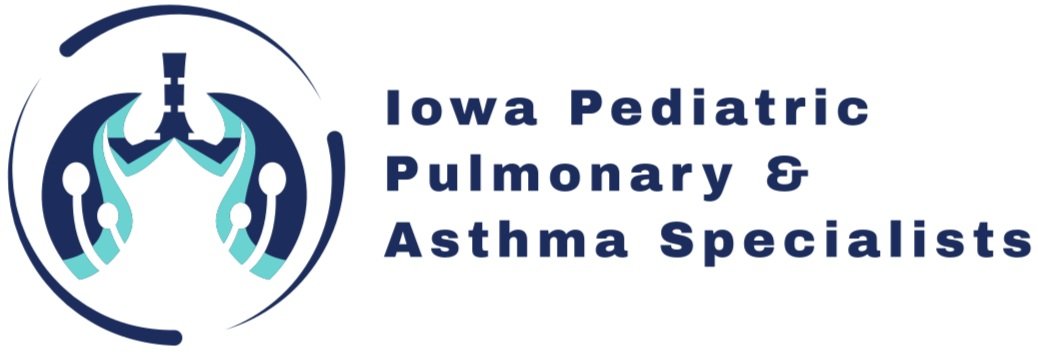The Vital Role of Pediatric Pulmonologists in Child Respiratory Care
Introduction
In pediatric care, the health of a child's respiratory system is paramount. Respiratory disorders in children can range from common ailments like asthma to more complex conditions such as cystic fibrosis and pulmonary hypertension. It's here that the expertise of pediatric pulmonologists becomes invaluable. These specialists are the cornerstone of diagnosing, treating, and managing the myriad respiratory conditions that can affect children, ensuring that every child has the chance to breathe easier.
Intensive Training: The Backbone of Expert Care
Pediatric pulmonologists embark on a long and rigorous journey to master their specialty. After completing medical school, they undergo a three-year residency in pediatrics and an additional three-year fellowship in pediatric pulmonology. This intense training equips them with the knowledge and skills to address various respiratory disorders, from the most common to the rare and complex. They learn to treat the symptoms and understand the underlying causes of respiratory conditions, enabling a comprehensive approach to patient care.
Navigating Through Every Stage of Lung Health
These specialists are adept at handling all stages of lung health in children, from preventative care to chronic condition management and critical care. Their expertise allows them to tailor treatments to each child's individual needs, whether it's managing asthma, navigating the complexities of cystic fibrosis, or providing advanced therapies for rare lung diseases. Pediatric pulmonologists are also skilled in advanced diagnostic techniques, ensuring accurate diagnoses crucial for effective treatment plans.
Bridging the Gap in Care Accessibility
Despite the critical role pediatric pulmonologists play, there is a noticeable scarcity of these specialists in Iowa and nationwide. This scarcity often leads to long wait times for appointments, leaving children with respiratory issues waiting weeks or even months for the care they urgently need. However, at Allergy Institute, we strive to bridge this gap. We understand the urgency of respiratory issues and prioritize seeing patients with referrals within a few days — or even on the same or the next day for the most critical cases.
Every first visit to our pediatric pulmonary clinic is thorough and unrushed, lasting for an hour. By design, this duration provides us ample opportunity to listen to parents' concerns and build a rapport with our young patients. If necessary, we conduct testing during this initial visit, or we may schedule a follow-up if it becomes clear that more time is needed to address the parents' concerns fully. Our philosophy is that most diagnoses can be made by listening closely to both the parents and the child, understanding their symptoms, and getting to the heart of what is troubling them the most.
Conclusion
The role of pediatric pulmonologists in treating children with respiratory disorders is fundamentally essential. Through their intensive training and dedication, they offer a beacon of hope for families navigating the challenges of respiratory conditions. At Allergy Institute, we are committed to ensuring that access to this specialized care is as swift and seamless as possible, recognizing that timely intervention can make all the difference in a child's health and well-being. Let us partner in ensuring your child's respiratory health is in the best hands.
